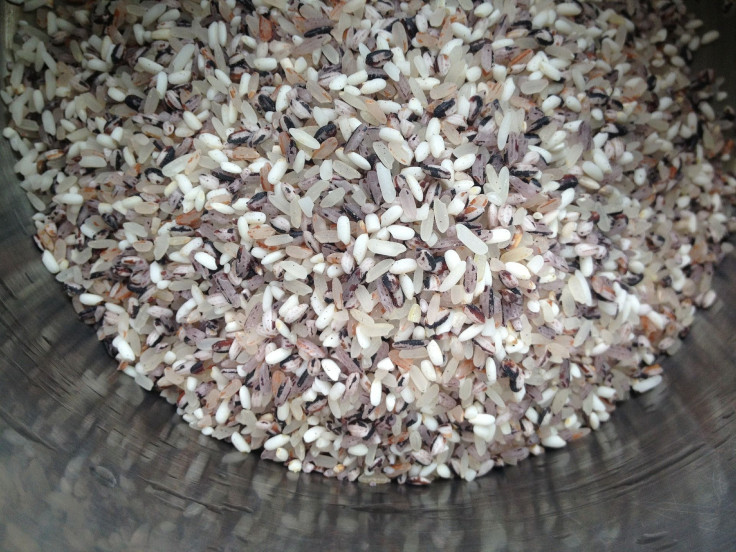Gluten-Free Diet Risks: Exposure To Arsenic And Mercury More Likely

They might start a gluten-free diet in a genuine attempt to be healthy, but people who cut out gluten are more likely to be exposed to toxic metals that are linked to serious illnesses.
It’s all about what these gluten-free followers eat instead of the protein, which is found in the grains of wheat, barley and rye, and thus all the foods in which those grains are ingredients. Avoiding gluten can severely limit a person’s diet. The University of Illinois at Chicago explained in a statement that rice flour is often used as a what substitute, but rice absorbs “certain toxic metals, including arsenic and mercury from fertilizers, soil, or water.”
Read: 5 Diets Rooted in Religion
A report in Epidemiology calls for more research into the matter, as more and more people are cutting out gluten: “While our study … relies on self-reported data regarding gluten-free diets, it does suggest that future studies are needed to more fully examine exposure to toxic metals from consuming gluten-free foods.”
Although the health effects of toxic metals ingested with food are not entirely clear, they “may increase the risk for cancer and other chronic diseases,” the study says.
The number of people kicking gluten to the curb may be rising, but most might just be jumping on a fad. The National Institute of Diabetes and Digestive and Kidney Diseases estimates that less than 1 percent of the population has celiac disease, the digestive disorder in which consuming gluten leads to intestinal damage.
“Others often say they prefer eating gluten-free because it reduces inflammation — a claim that has not been scientifically proven,” the University of Illinois said. “In 2015, one-quarter of Americans reported eating gluten-free, a 67 percent increase from 2013.”
Meanwhile, the number of people with celiac disease has not increased.
Read: The Real Paleo Diet — What Our Prehistoric Ancestors Ate
There is another medical reason to cut out gluten: an allergy to wheat. However, that allergy is rare.
Among the thousands of people surveyed in the most recent study on gluten-free diets and toxic metals, a few dozen reported not eating gluten in their diet, according to the university. And those people had almost double the amount of arsenic in their urine and about 70 percent more mercury in their blood.
“In Europe, there are regulations for food-based arsenic exposure, and perhaps that is something we here in the United States need to consider,” Maria Argos, an epidemiology professor at UIC, said in the university statement. “We regulate levels of arsenic in water, but if rice flour consumption increases the risk for exposure to arsenic, it would make sense to regulate the metal in foods as well.”
Source: Argos M, Bulka CM, Davis MA, Karagas MR, Ahsan H. The Unintended Consequences of a Gluten-Free Diet. Epidemiology. 2017.
See also:
Published by Medicaldaily.com



























